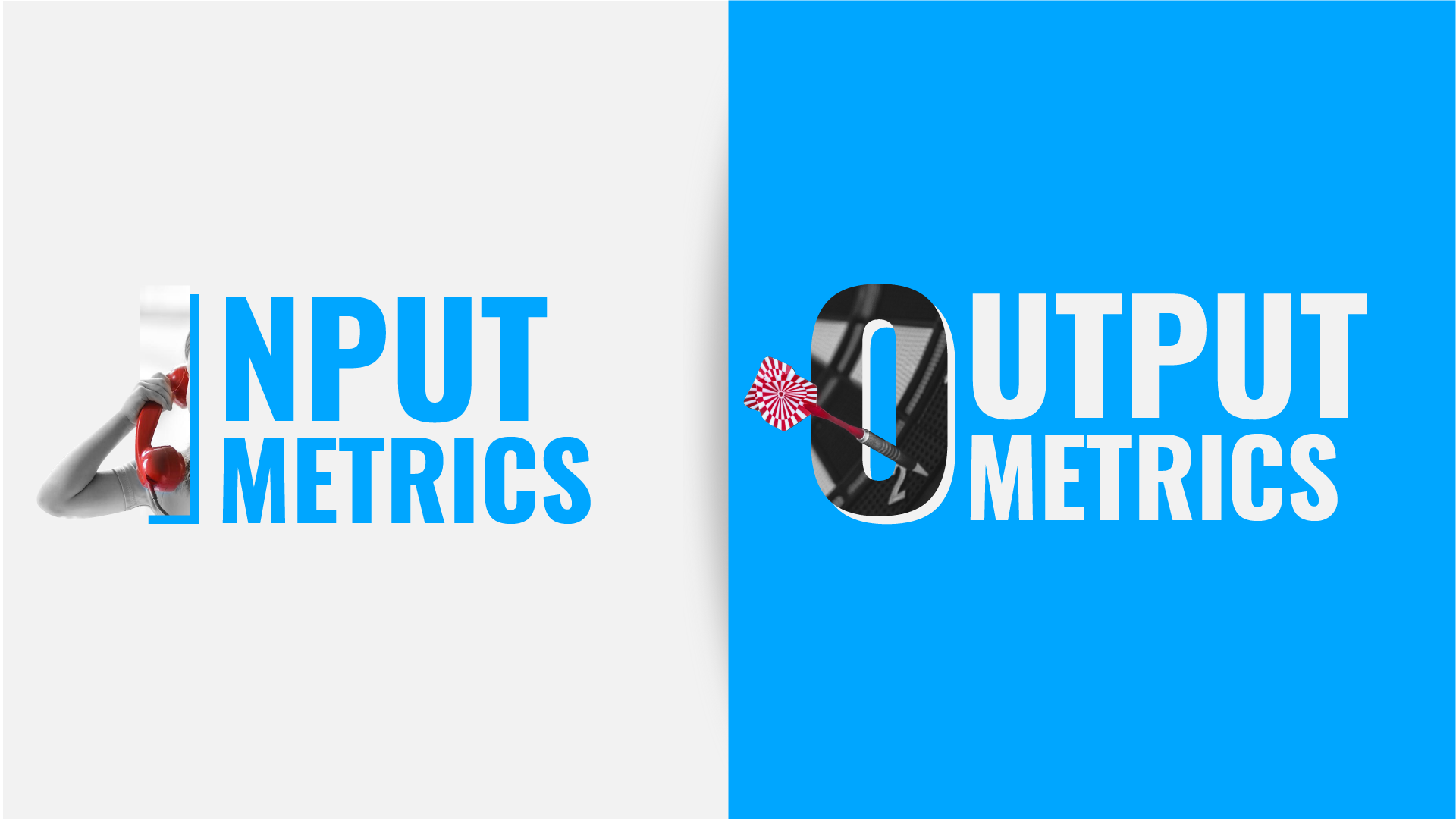Accountants and bookkeepers seem similar, on the surface. Yet the duties involved with each position are different. While the two jobs work with the same sets of data and require some of the same skills, their primary goals, priorities, and job descriptions—as well as the time frames in which they support the business—are in fact quite different.
There are many terms for similar professions that tend to be used interchangeably by mistake. A few that come to mind—psychologist and psychiatrist, paramedic and EMT, nurse practitioner and physician’s assistant, also architect and contractor. For people who work in these industries, the differences are apparent, but for those who do not, it’s easy to make the mistake that the two jobs are more or less the same. We can tell you that accounting and bookkeeping are not the same at all.
Let’s explore each role further.
Bookkeeper versus Accountant
Bookkeeping and accounting are both key business functions within the accounting department, that provides strategic guidance to the clients. They work with numbers to provide financial advice. Beyond that, there are few similarities.
In the simplest of terms, bookkeeping is the recording and classifying of financial information after the fact, and accounting is actually part of the system that produces the financial data. They keep track of your financial history to ensure that your books are balanced.
A higher level of accounting also includes data analysis and interpretation. An accountant will make recommendations based on your numbers. They look forwards rather than backward to ensure that your business can grow or prepare for hard times.
Difference Between Bookkeeper And Accountant
 The biggest contrast between hiring an accounting professional compared to a bookkeeper is the use of data and its relevance in time. A bookkeeper will keep your business’s financial records in line, to avoid liability. While the process seems like simple data entry, they ensure that your general ledger remains updated.
The biggest contrast between hiring an accounting professional compared to a bookkeeper is the use of data and its relevance in time. A bookkeeper will keep your business’s financial records in line, to avoid liability. While the process seems like simple data entry, they ensure that your general ledger remains updated.
Bookkeepers record the business’s daily transactions, while accountants verify, analyze, and interpret the recorded information. But, what does that mean exactly and how do those differences affect you and your business?
What Does A Bookkeeper Do?
A small business bookkeeper typically uses a ledger or journal to log the business’s daily financial transactions—including payments, sales, receipts, and purchases. The goal is a balanced accounting system with a matching total of debits and credits. They keep track of your history to ensure everything adds up in the long run.
Other job duties include creating and processing invoices, covering payroll-related work, posting both debits and credits, and maintaining the ledger. Bookkeeping is sometimes done in-house (possibly even by the business owner) using software like QuickBooks or Xero—or by hiring an external bookkeeper.
To be a bookkeeper, you do not have to have a formal college degree but do need a high school diploma. There are bookkeeping programs at the certificate level although it is not required you become certified. Learning bookkeeping software can help ensure your position remains relevant.
Financial decisions cannot be made strictly based on records provided by bookkeepers, and they also do not participate in creating financial statements. Bookkeepers are ideal when it comes to handling expenses but should not be asked to interpret any of the information. The result of successful bookkeeping is a clear, accurate, and current set of financial data that tells you exactly what your business did within a given period of time.
What Does An Accountant Do?
Accountants, on the other hand, look at the complete picture of the company’s finances based on the bookkeeper’s compiled information. At its most basic level, an accountant’s job requires them to be part of the system that produces the actual fiscal data.
At a more advanced level, accountants are capable of using that financial information to understand the health and future needs of the business. Top-notch accountants have the ability to help entrepreneurs make informed fiscal decisions—utilizing metrics and financial data. This could include helping to create strategies for improvement, find ways to prevent fraud, and with the preparation for tax season.
Other accounting tasks include preparing financial reports, evaluating operation costs and cash flow, taking points during an audit, projecting future monetary numbers, and helping the company understand the impact of financial decisions. Accountants rely on the scrupulous records maintained by bookkeepers to analyze the company’s data, so they can provide leadership with valuable insight into the company’s strengths and weaknesses.
The Requirements To Be An Accountant
Financial decisions are made based on the advice and recommendations from the accounting department. The accountant prepares company financial reports, helping business owners better understand profitability and the financial impact of their decisions.
Compared to bookkeepers, accountants perform more complex job duties and are, therefore, more expensive to employ. To become an accountant, a Bachelor’s degree is the minimum requirement followed by a lifetime of ongoing education to continue developing their skills and expanding their understanding. Some accountants may also complete a Master of Business degree in accounting, to specialize in specific fields.
Why Small Business Owner Should Outsource Their Accounting
A functional accounting department typically requires three people in different roles to maximize both effectiveness and to ensure proper checks-and-balances. As companies try to save time and money, many outsource their books instead of hiring in-house employees.
Outsourcing is a widening trend as businesses recognize the value addition and improved efficiency. It can be a great way to make better use of time, reduce overhead costs while increasing efficiencies, and improve cash flow and budgeting practices. It also allows you to align yourself with a team of qualified and dedicated experts—who have a wide knowledge of the subject and concentrated expertise.
Entrepreneurs’ Biggest Challenges
A substantial problem I see in small businesses is that a bookkeeper will receive high-level tasks and waste time struggling to complete them. Alternatively, a high-level accountant wastes valuable time doing mundane bookkeeping tasks.
Both situations are senseless because the wrong talent is doing the wrong tasks, and it is wasting the very two resources few entrepreneurs can afford to squander: time and money. To get a good feel on what you should pay for your accounting efforts based on your needs, check out our handy My Accounting Budget calculator.
Why Full Charge Bookkeeping Is Outdated
Incidentally, as you navigate whether or not your business needs a bookkeeper, an accountant, or both—decades ago a position was invented for busy entrepreneurs who needed someone that knew a little bit about everything (accounting related).
“Full charge bookkeepers” were a kind of a jack of all trades, and hired to assist with every stage of the financial process. They were responsible for recording and paying bills, writing invoices, collecting payments, and maybe even doing some light reconciliation at the end of the month.
Most of these individuals were adequate bookkeepers, but seldom had the insight to make sense of accounting as a whole. Because of this, an outside CPA was usually called upon several times a year to do a general oversight and make sure things were being done correctly. Thus, they add to your costs rather than reduce them. You would get more value out of outsourcing your accounting and bookkeeping respectively.
We cannot in good conscience recommend you hire someone for this position. The full charge bookkeeper is now a thing of the past, mainly due to their limited scope and knowledge. Plus, with technology and new thinking, companies have options. The position of a full charge bookkeeper can often be replaced by a complete Outsourced Accounting Department—with a carefully tailored team. In a firm environment, accountants are held to a higher standard of knowledge than individuals with their own practice.
Most firms provide their employees with training, seminars, continuing education hours, and encouragement for an advanced degree.
Bookkeeper Versus Accountant? Which One Does Your Business Need?
Which one does your business need? Well, that is completely dependent on where you are at with your business. My suggestion is to start off with a bookkeeper and graduate to an entry-level accountant as soon as you can. That is because the incremental addition in costs to upgrade to an accountant will be easily covered by the additional benefits yielded.
With that said, brand new business owners might require an accountant initially, to set up an accounting strategy and determine which method (such as cash-based or accrual-based accounting) would work best for the business. No matter if you choose a bookkeeper, an accountant, or both, you can consider it an investment into your business that will undoubtedly pay off over time.
Optimize Your Accounting Process With DeepSky
DeepSky wants to provide more than outsourced accounting services. We want to customize our services for you to ensure that your business can grow and thrive. Our FinancialWingman™ program goes beyond record transactions to help make strategies based on your numbers.
Reach out to us today to get started. With our specialists and their expertise, you will learn to leverage your recorded financials for good business.


